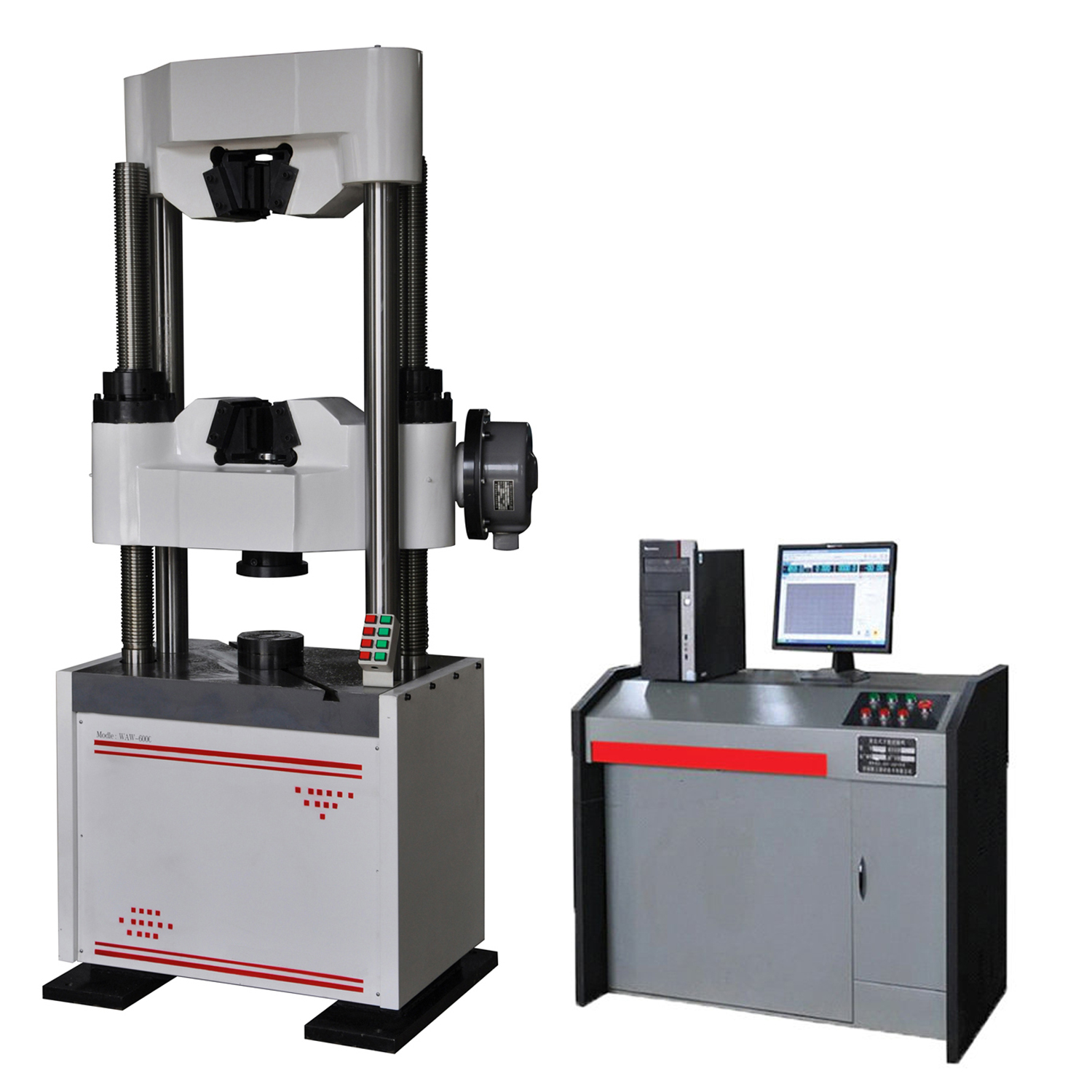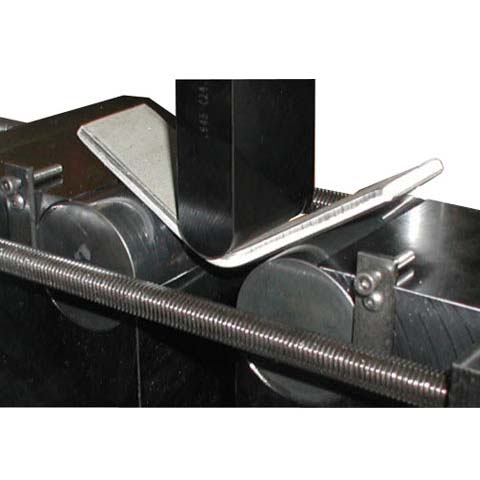ASTM E290 is a testing procedure for determining metallic materials’ ductility and bending properties. Ductility refers to the mechanical property whereby a material can deform under tensile or compressive stress without breaking. Bend testing under ASTM E290 significantly determines a material’s suitability for flexible, non-cracking applications. This testing method ensures that products are reliable, safe, and quality-compliant in construction, aerospace, automotive, and manufacturing, making them essential.
Types of Bend Tests
There are different bend test standards where the details change depending on the material type or sample geometry you are testing. These differences affect your test fixture choices, software calculations, and data analysis. Using our Newton controller, each test report can contain different data from one test sample to the next.
3-point bend test: These are easier to set up than 4-point, and the bent fixtures cost less. The 3-point test can yield precise modulus and flexural strength measures when the materials are uniform and ductile.
4-point bend test: These apply to ceramics and specific composites, as well as test samples that are brittle, heterogeneous, or have surface imperfections that are a problem. By establishing a zone of constant bending moment between the inner upper loading sites, 4-point tests lessen the chance of premature failure at a single location and stress concentrations. Because it evaluates a greater volume of the material, the 4-point test provides a better estimate of the bending behavior if your material’s characteristics vary across its cross-section, like wood or layered composites.
Guided Bend Test: This applies to testing weld ductility where controlled bending to a specific angle is part of the evaluation.
 ASTM E290 bend test machine fixture
ASTM E290 bend test machine fixture
Sample size
The following are the technical specifications of ASTM E290:
Sample size For ASTM E290 testing, the longitudinal edges of a rectangular test specimen may be rounded to a radius not exceeding 1.5 mm 1/16 inch) for specimens equal to or less than 50 mm (2 inches)
Sample thickness For specimens over 50 mm (2 inches) in thickness, the sample must be rounded to a radius not exceeding 3 mm (1/8 inch).
 Global links
Global links



